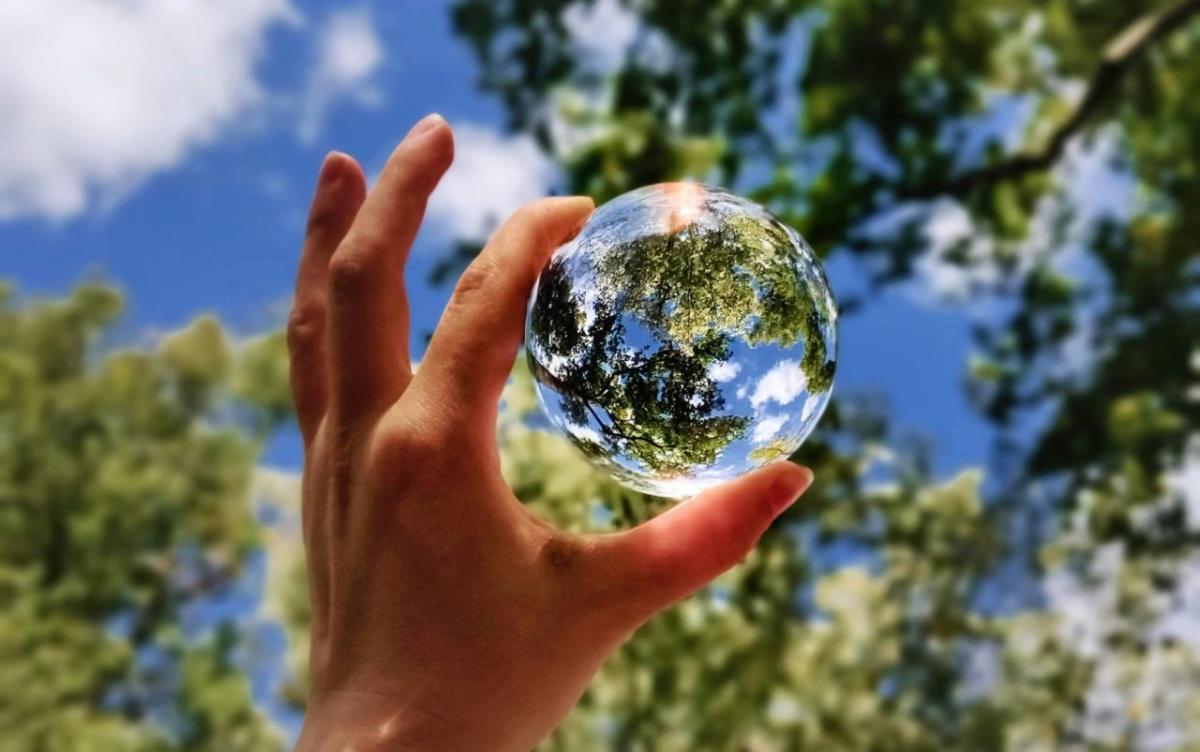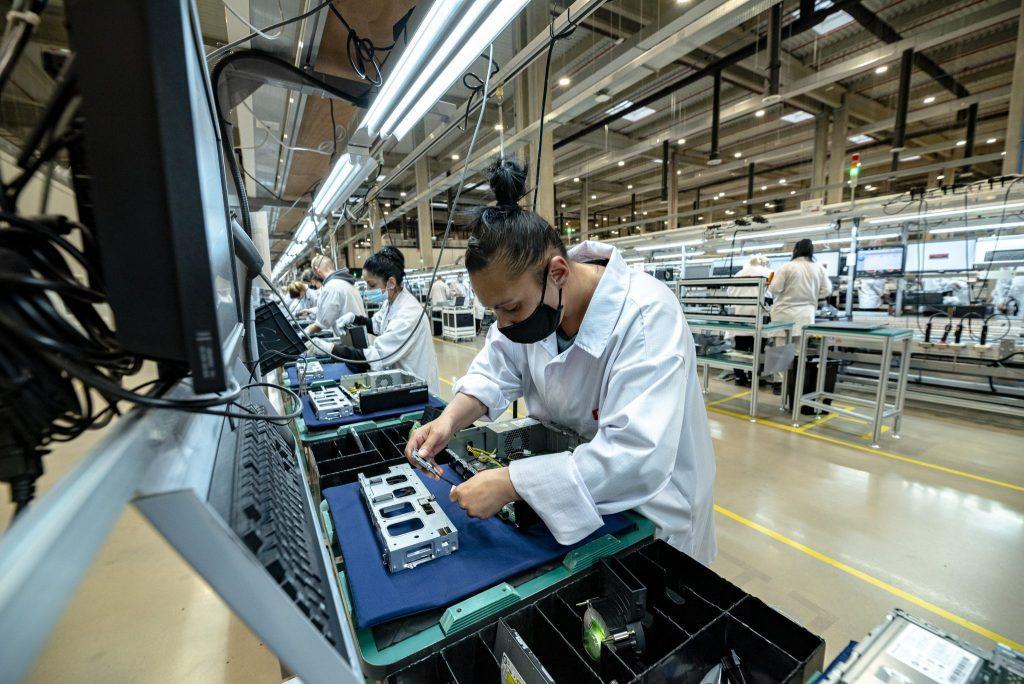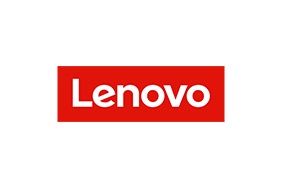Celebrating the Importance That Recycling Plays in Securing Our Planet’s Future
Published 05-02-24
Submitted by Lenovo

The seventh annual Global Recycling Day took place on March 18th. First held in 2018, the day was created to help recognise and celebrate the importance that recycling plays in preserving our precious primary resources and securing the future of our planet. It’s a campaign that resonates deeply with our commitment to sustainability here at Lenovo, helping to encourage people to reuse, recycle and reduce waste.
According to Global Recycling Day[1], the ‘Seventh Resource’ (recyclables) saves over 700 million tonnes in CO2 emissions each year, and this is projected to increase to 1 billion tons by 2030. There is no doubt that recycling is on the front line in the fight to save the future of our planet and humanity.
Waste is a huge issue for the environment, and the need to ensure sustainable consumption and production patterns is recognised in the United Nation’s 2030 Agenda for Sustainable Developments[2]. In keeping with Global Recycling Day’s ambitions, the Agenda for Sustainable Developments includes the target to substantially reduce waste generation by 2030 through prevention, reduction, recycling and reuse.
It’s a cause that strikes a chord at the heart of Lenovo. We are already at the forefront of innovation when it comes to sustainable solutions, and we’re passionate to show how our initiatives align seamlessly with the objectives of Global Recycling Day.

Alternative recycling options for businesses to consider
There are plenty of recycling options that manufacturers can consider when it comes to making IT hardware and devices. These include post-industrial recycled content (PIC), post-consumer recycled content (PCC), closed-loop post-consumer recycled content (CL PCC), ocean bound plastics (OBP) and recycled metals.
PCC comes from products that would have otherwise ended up in landfills, such as food containers or plastic bottles. Notebooks, tablets, smartphones and other IT solutions have very specific structural, performance and cosmetic requirements, and this results in numerous challenges when it comes to the use of PCC. As such, manufacturers need to work closely with suppliers to develop and qualify new grades of plastic resins previously unavailable to the IT industry.
CL PCC is constructed from PCC sourced from end-of-life IT and electronics equipment. Once again it’s critical that manufacturers work closely with material suppliers and third-party certification authorities to develop suitable material processes. Certification authorities include the ‘Approved Recycling Standard’, the ‘Quality Assurance Operation Requirements’, and the ‘Recovery Ratio’, which help to validate sources of waste and control processes using a hierarchical waste product traceability scheme.
Using such engineered materials saves natural resources and energy that would have gone into manufacturing new plastics, and it diverts these materials from landfills as well, helping to sustain the demand for plastic materials from IT products.
OBP is also making a big impact when it comes to recycling. OBP is derived from abandoned plastic waste, such as milk jugs, shopping bags, and laundry detergent bottles, actively mitigating the alarming flow of plastics into our oceans and helping to protect our planet’s delicate ecosystem.
Lenovo has embraced all of the recycled solutions above as part of its portfolio, and since early 2005, Lenovo’s cumulative total use of recycled plastics[3] in products has reached over 130 million kilograms (gross) containing PIC, PCC, and/or CL PCC, with net PCC of approximately 54 million kilograms and net CL PCC of more than 18 million kilograms.
Plastics aren’t the only materials that can be recycled, and recycled metal can also help to reduce mining and consumption of natural resources, providing potential to reduce energy and emissions alongside. In FY 2022/2023, Lenovo expanded the use of recycled aluminium and magnesium to more of its notebook products[4], including up to 50% recycled aluminium in the cover of the Yoga 6 Gen 7, and up to 90% recycled magnesium for the A/C/D covers of the ThinkPad X13 Yoga Gen 4.
Embracing the circular economy and creating a lasting legacy
Along with recycling materials, it’s important that we look for additional ways to give devices themselves a second lease of life. Lenovo’s asset recovery service (ARS) is a great example, designed to maximise the reuse, recycling, and/or environmental disposal of replaced and end-of-life products, parts, and waste.
Asset recovery services can help customers minimize the data security risks of managing the disposal of unwanted IT equipment, and in some situations older computers can be resold or reused. Through Certified Refurbished PCs, Lenovo helps extend device lifecycles, giving these devices a new purposeful life. Not only does this reduce environmental impact but it can also help customers to offset some costs of an IT refresh.
As we continue to pave the way towards a more sustainable future, we need to embrace the circular economy in everything we do, helping to reduce waste and emissions. Together, we can shape a future where sustainability is not just an aspiration but a guiding principle, that creates a legacy for generations to come.
[1] https://www.globalrecyclingday.com/about/
[2] https://sdgs.un.org/2030agenda
[3] https://investor.lenovo.com/en/sustainability/reports/FY2023-lenovo-sustainability-report.pdf
[4] https://investor.lenovo.com/en/sustainability/reports/FY2023-lenovo-sustainability-report.pdf

Lenovo
Lenovo
Lenovo is a US$69 billion revenue global technology powerhouse, ranked #196 in the Fortune Global 500, and serving millions of customers every day in 180 markets. Focused on a bold vision to deliver Smarter Technology for All, Lenovo has built on its success as the world’s largest PC company with a full-stack portfolio of AI-enabled, AI-ready, and AI-optimized devices (PCs, workstations, smartphones, tablets), infrastructure (server, storage, edge, high performance computing and software defined infrastructure), software, solutions, and services. Lenovo’s continued investment in world-changing innovation is building a more equitable, trustworthy, and smarter future for everyone, everywhere. Lenovo is listed on the Hong Kong stock exchange under Lenovo Group Limited (HKSE: 992) (ADR: LNVGY). To find out more visit https://www.lenovo.com, and read about the latest news via our StoryHub.
More from Lenovo

